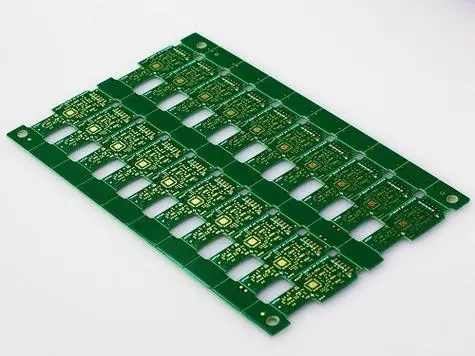Interpretation of the advantages and disadvantages of high-frequency pcb and ordinary pcb, which one is more suitable for your project?
In the development of today’s electronics industry, PCB boards play a vital role. When choosing a suitable PCB board, we often face a question: should we choose high-frequency board or ordinary board? What are the pros and cons between the two? Which one is more suitable for your project?
Compared with ordinary boards, PCB high-frequency sheets have the following advantages in high-frequency circuit design:
1. Low loss: High-frequency plates have lower dielectric constant and loss factor, which can reduce energy loss during signal transmission and improve the stability and speed of signal transmission.
2. Strong anti-interference ability: High-frequency plates have good anti-interference performance, which can reduce the impact of external electromagnetic interference on the circuit and ensure the accuracy and stability of the signal.
3. High-speed transmission capability: High-frequency boards can support higher signal transmission rates and are suitable for high-frequency and high-speed data transmission application scenarios.
4. Good thermal stability: High-frequency plates have good thermal stability and can maintain good performance in high-temperature environments. They are suitable for occasions that require heat dissipation and high-temperature operation.
Ordinary boards have the following advantages in general circuit design:
1. Lower cost: Compared with high-frequency boards, ordinary boards are more economical and suitable for general electronic products.
2. Wide range of applications: Ordinary boards are suitable for various general electronic products, such as household appliances, computers, communication equipment, etc.
When selecting the right panels for your project, you need to evaluate and select based on specific project needs and performance requirements. If the project has higher requirements for high-frequency transmission, anti-interference ability, thermal stability, etc., then PCB high-frequency boards may be more suitable; if the project pays more attention to cost control and general performance requirements, then ordinary boards may be more suitable.
The final choice also needs to comprehensively consider the specific requirements of the project, cost budget, production cycle and other factors. It is recommended that you consult a professional PCB manufacturer or engineer when selecting board materials for more accurate advice and help.



